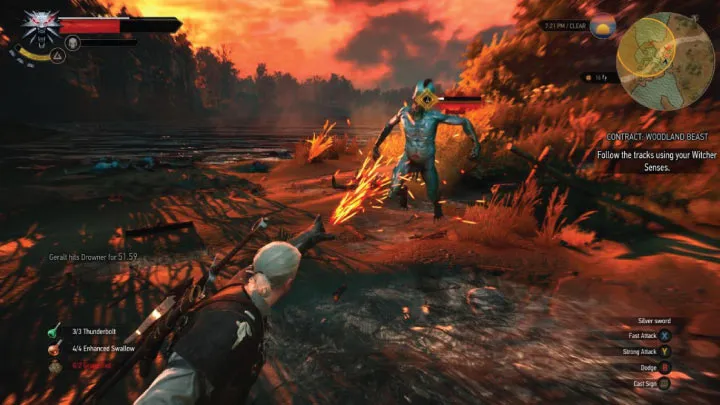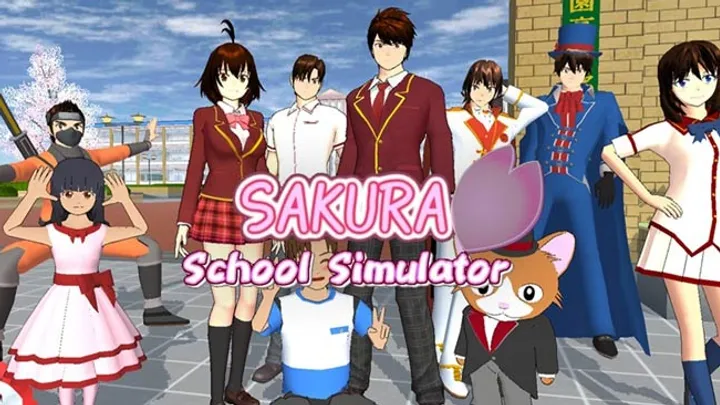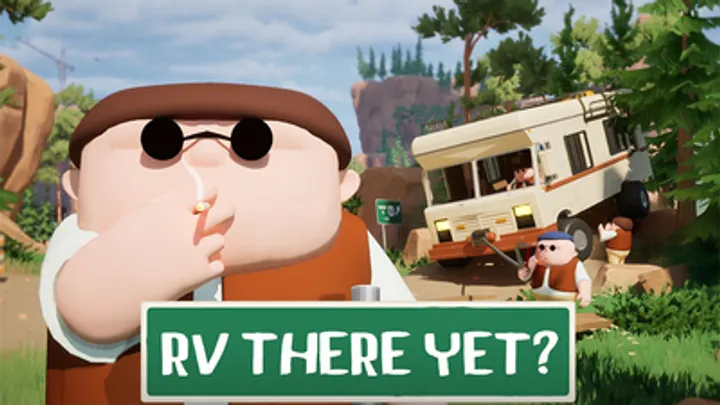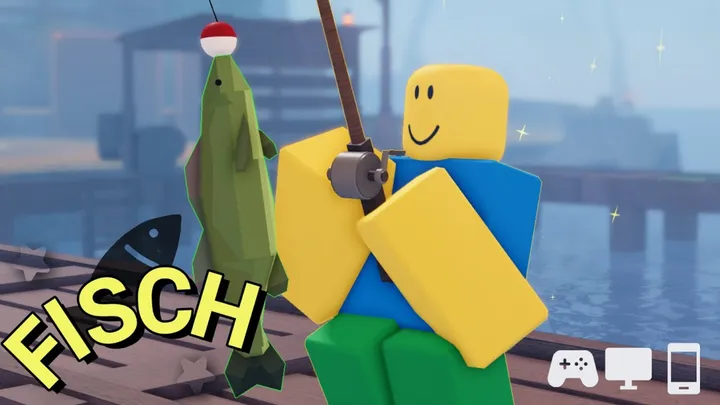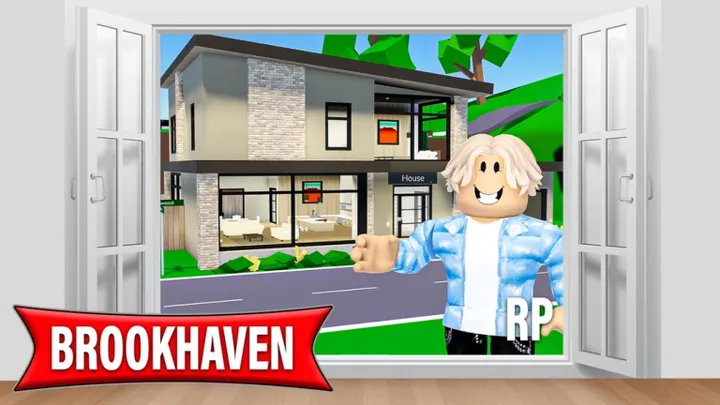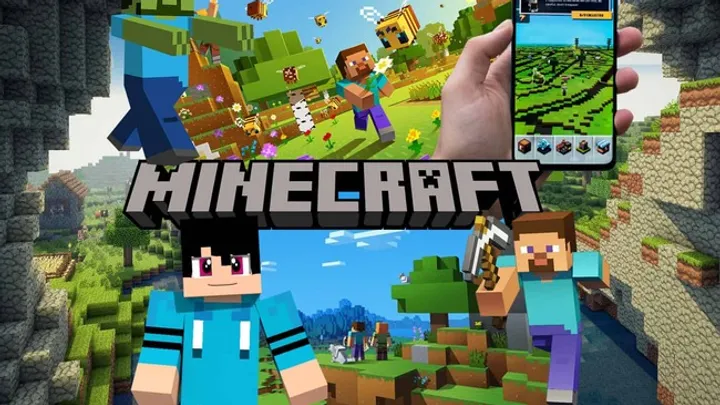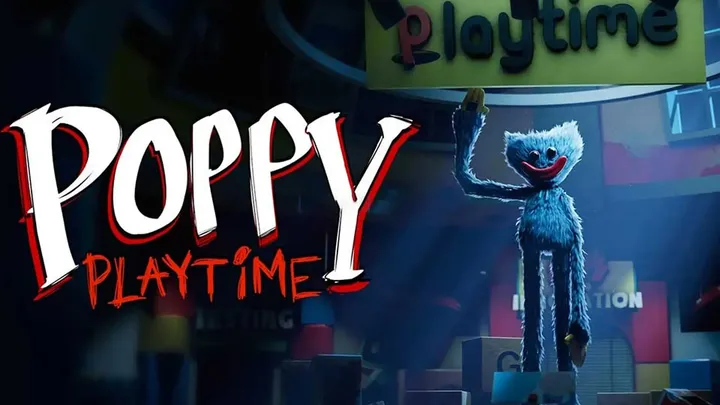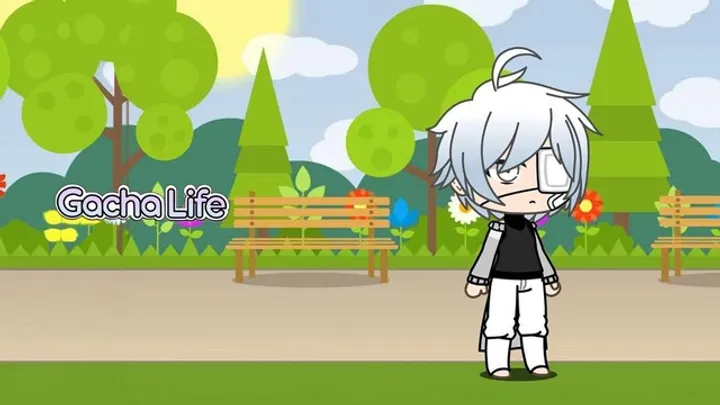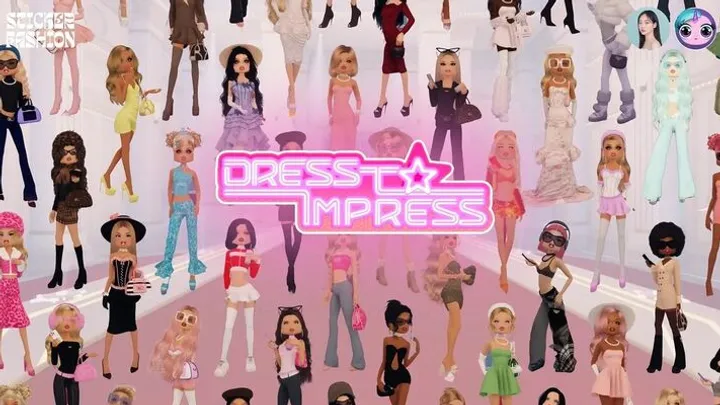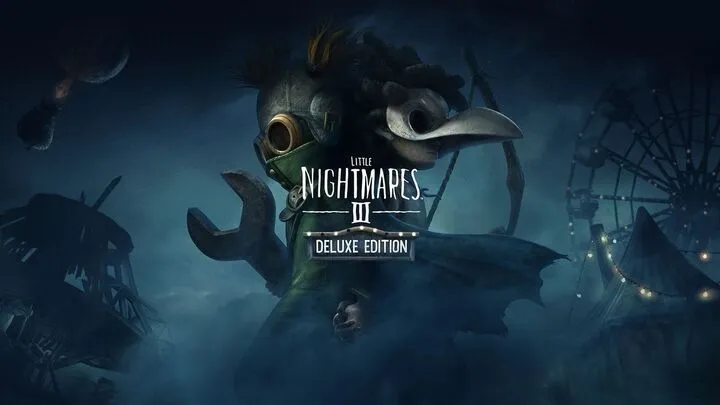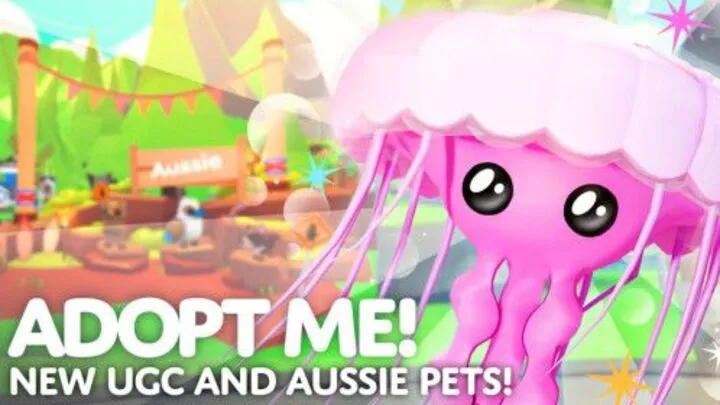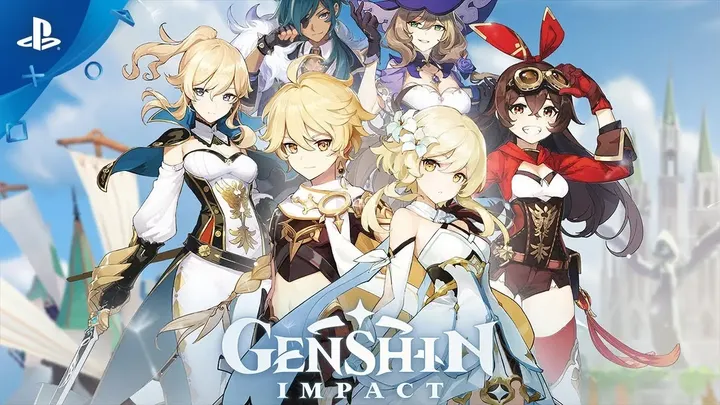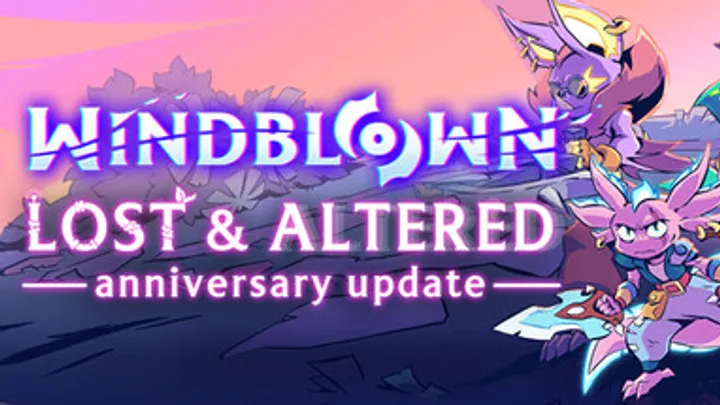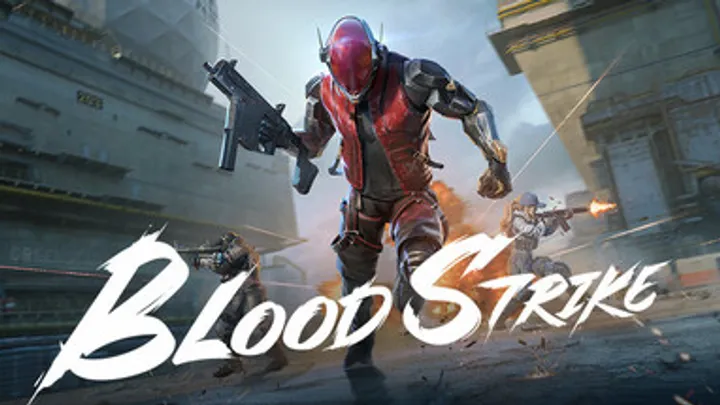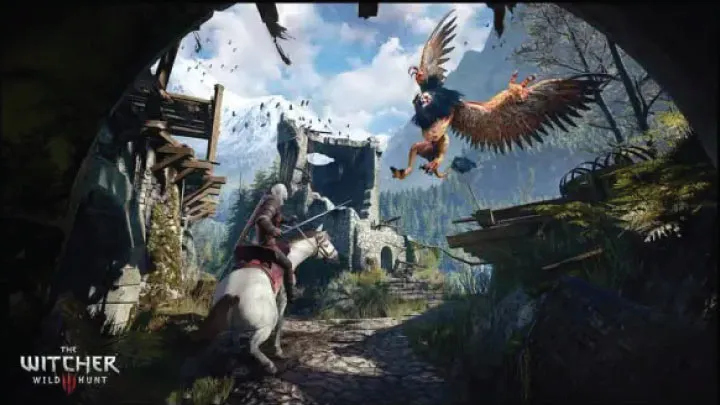
The Witcher 3: Wild Hunt, developed by CD Projekt Red, has been lauded as one of the greatest RPGs of all time since its release in May 2015. Set in a rich, open world filled with diverse characters, quests, and moral dilemmas, the game offers players a unique experience that emphasizes the weight of their choices. One of the most compelling issues within The Witcher 3 is the complexity of moral choices and how they shape the narrative, character development, and player engagement. This article explores the intricacies of moral decision-making in The Witcher 3, examining specific choices and their consequences, as well as the broader implications for storytelling in video games.
The Foundations of Moral Choices
Understanding the Witcher's World
The Witcher 3 is set in the Continent, a world filled with political intrigue, supernatural creatures, and a rich tapestry of lore. Players assume the role of Geralt of Rivia, a monster hunter navigating through a landscape fraught with danger and moral ambiguity. The game’s narrative is deeply intertwined with the choices players make, often presenting them with dilemmas that lack clear right or wrong answers.
The complexity of these choices is rooted in the game's themes, which explore the nature of humanity, the consequences of power, and the often-unpredictable outcomes of decisions. This thematic depth adds layers to the gameplay experience, inviting players to engage thoughtfully with the narrative.
The Role of Choices in Gameplay
In The Witcher 3, choices are not merely superficial; they have tangible consequences that affect the game's world and its characters. Players frequently encounter scenarios where their decisions can lead to various outcomes, influencing everything from character relationships to the fate of entire regions.
These choices are often presented in dialogue trees, where players must select responses that reflect their desired approach. The weight of these decisions creates a sense of agency, as players navigate the moral landscape of the game. However, the consequences of these choices may not be immediately apparent, adding complexity to the decision-making process.
The Complexity of Choices: Key Examples
The Fate of the Bloody Baron
One of the most poignant quests in The Witcher 3 is that of the Bloody Baron, a character embroiled in a tragic narrative involving abuse, loss, and redemption. Players can choose how to engage with the Baron, and their decisions will significantly impact his fate and the outcome of the quest.
The Questline Overview
The quest begins with Geralt investigating the Baron's missing wife and daughter. As players delve deeper into the story, they uncover the Baron's troubled past, including his abusive relationship with his wife, Anna, and the subsequent fallout that led to her disappearance. The quest presents players with various choices that can either lead to redemption or further tragedy.
Moral Dilemmas and Outcomes
Players face moral dilemmas throughout the quest, such as whether to confront the Baron about his past or to focus solely on finding his family. The choices made can lead to several possible outcomes: the Baron's path to redemption, further descent into despair, or the tragic fate of Anna and their daughter, Tamara.
This quest exemplifies the complexity of moral choices in The Witcher 3. Players must weigh their actions against the potential consequences, making it a compelling example of how the game's narrative depth enhances player engagement.
The Decision with Nilfgaard
Another significant choice players encounter involves the ongoing conflict between the Northern Kingdoms and the Nilfgaardian Empire. Throughout the game, Geralt must navigate the political landscape and decide where his loyalties lie.
The Political Landscape
The war between Nilfgaard and the Northern Kingdoms serves as a backdrop for many quests and character interactions. Geralt's decisions regarding his involvement in this conflict can have far-reaching implications for the game's world.
Choices and Consequences
Players may choose to support certain factions or characters aligned with either side of the conflict. These decisions can result in various outcomes, including the potential for peace or continued warfare. The complexity of these choices reflects the game's overarching themes of power, loyalty, and the consequences of one's actions.
The decision-making process regarding the Nilfgaardian conflict is emblematic of The Witcher 3's narrative depth, as players must grapple with the ethical implications of their choices in a world defined by political turmoil and moral ambiguity.
The Emotional Resonance of Choices
Character Relationships
The choices players make in The Witcher 3 significantly influence their relationships with key characters. Geralt's interactions with allies, enemies, and love interests are shaped by the decisions he makes throughout the game.
Building Bonds
For instance, Geralt's relationship with Yennefer and Triss evolves based on the choices players make during pivotal moments. Players can choose to pursue a romantic relationship with one character over the other, leading to emotional consequences that resonate throughout the narrative.
The emotional depth of these relationships adds a layer of complexity to the player's journey. Players become invested in the fates of these characters, making the choices feel significant and impactful.
The Weight of Consequences
The emotional weight of choices is further amplified by the game's narrative structure. The outcomes of decisions may not be immediately clear, leading players to grapple with the repercussions of their actions long after the choices have been made.
For example, a seemingly small decision made earlier in the game may have significant consequences later on. This unpredictability enhances the emotional engagement, as players reflect on their decisions and their impact on the characters they have come to care about.
The Interplay of Fate and Free Will
The Influence of Destiny
The Witcher 3 explores the tension between fate and free will, particularly in the context of Geralt's journey. While the narrative is shaped by player choices, there are moments where the concept of destiny looms large. Characters like the Lady of the Lake and Ciri embody this theme, as they navigate their own paths intertwined with prophecies and expectations.
Ciri's Role in Geralt's Journey
Ciri, as Geralt's adopted daughter, represents the complexity of choice and destiny. Throughout the game, players make decisions that affect Ciri's fate, from training her as a witcher to protecting her from danger. These choices impact not only Geralt's relationship with Ciri but also the broader narrative arc.
The interplay between Geralt's choices and Ciri's destiny adds depth to the story, as players grapple with the consequences of their actions. This theme of fate versus free will is a central element of The Witcher universe, inviting players to reflect on their own decisions in the context of the characters' journeys.
The Consequences of Free Will
While players have the freedom to make decisions that shape Geralt's journey, the game also emphasizes the consequences of those choices. The narrative encourages players to consider the ethical implications of their actions, prompting them to think critically about the world they inhabit.
Many quests present players with moral dilemmas that challenge their sense of right and wrong. For example, players may encounter situations where they must choose between conflicting loyalties or make sacrifices for the greater good. These moments force players to confront the ramifications of their decisions, enriching the narrative experience.
The Role of Community in Shaping the Narrative
Player Engagement and Feedback
The Witcher 3 has fostered a passionate community that actively engages with the game’s narrative. Players share their experiences, theories, and interpretations through forums, social media, and fan sites. This engagement enhances the overall experience, as players come together to celebrate the game's storytelling and characters.
Riot Games has actively monitored community feedback, incorporating player suggestions into future updates and expansions. This responsiveness demonstrates a commitment to creating a game that resonates with players, enhancing their overall experience.
The Influence of Content Creators
Content creators, including streamers and YouTubers, play a significant role in shaping community engagement with the narrative. Their gameplay videos, discussions, and analyses provide valuable insights into the game's mechanics and story, influencing player perceptions and preferences.
The visibility of these creators fosters a sense of community, as players come together to celebrate their shared experiences and engage in discussions about the game. This dynamic interaction enhances the overall player experience, as the community becomes more invested in the unfolding narrative.
The Future of The Witcher 3: Legacy and Expansion
Anticipating New Content
As The Witcher 3 continues to thrive, players can anticipate new content and expansions that will further enrich the narrative experience. The commitment to storytelling and character development remains a central focus for CD Projekt Red, ensuring that players remain engaged and invested in the world of The Witcher.
Future updates may introduce new quests, characters, and story arcs, allowing players to explore fresh narratives and challenges. The ongoing evolution of the game's lore and world-building will keep the experience dynamic and exciting.
The Legacy of The Witcher 3
The legacy of The Witcher 3 extends beyond its immediate success. The game has set a high standard for storytelling in video games, showcasing the potential for rich narratives, character development, and player agency. Its impact is evident in the design of future titles in the genre, as developers seek to create immersive experiences that resonate with players.
As more developers recognize the value of narrative-driven gameplay, The Witcher 3 will continue to influence the broader gaming landscape. The game has demonstrated that a well-crafted experience can resonate with players, regardless of its scale or budget.
Conclusion
The intricacies of moral choices and community engagement in The Witcher 3: Wild Hunt have created a rich and immersive experience for players. The game masterfully balances exploration, character interactions, and emotional themes, fostering a deep connection between players and the world of Geralt of Rivia.